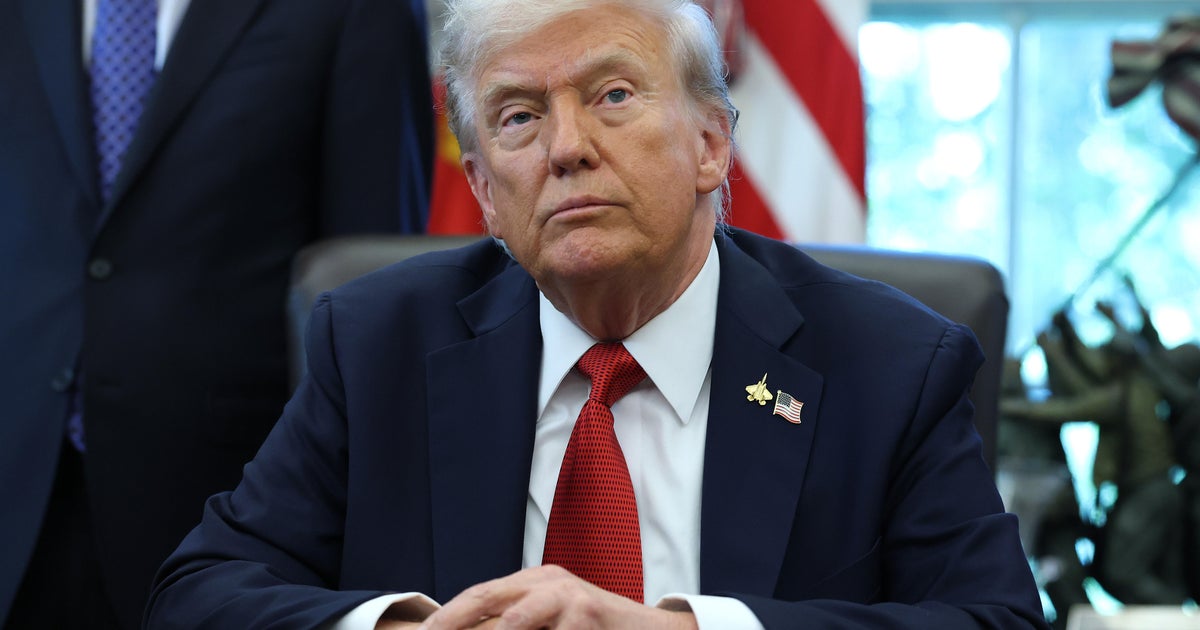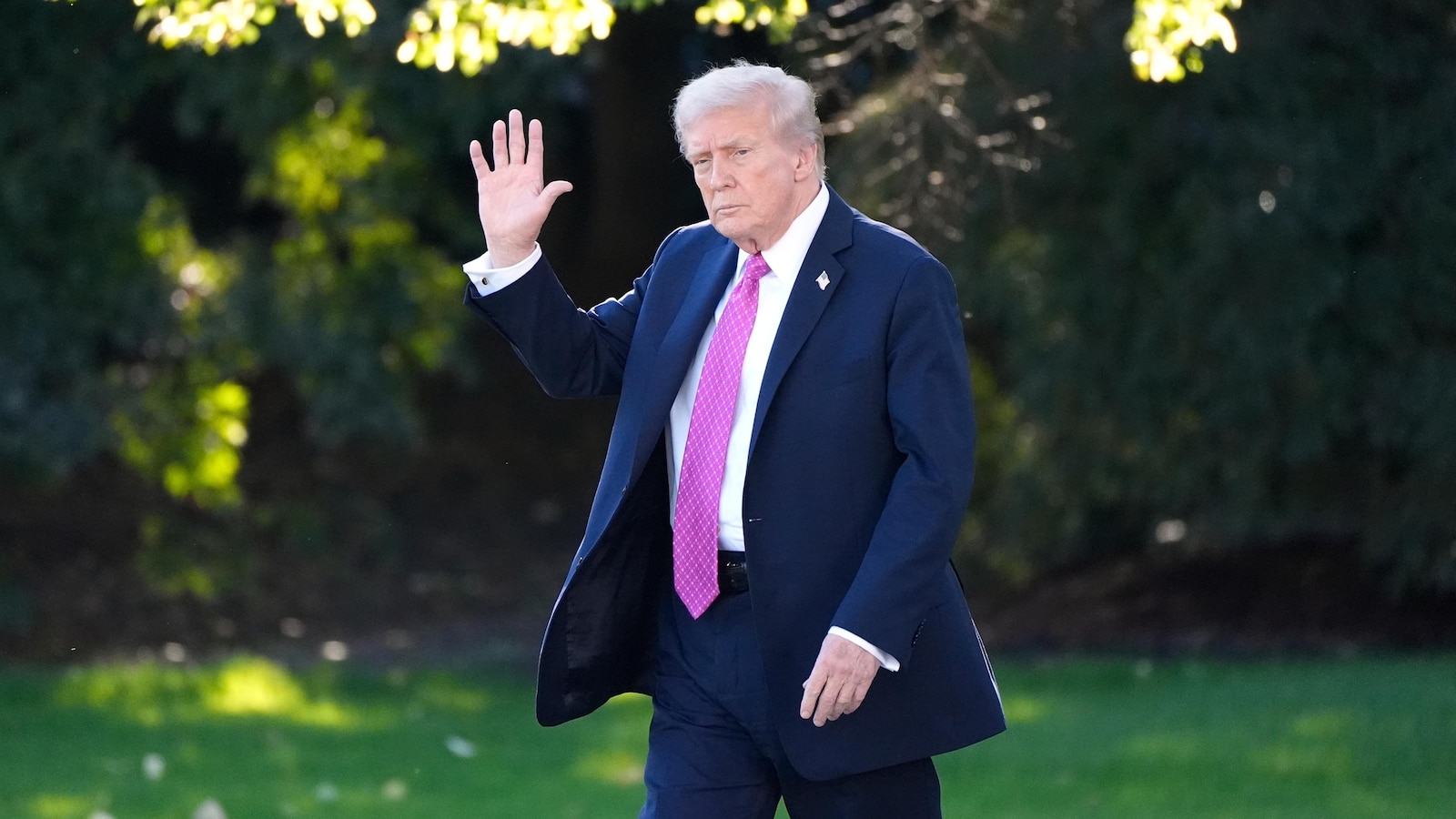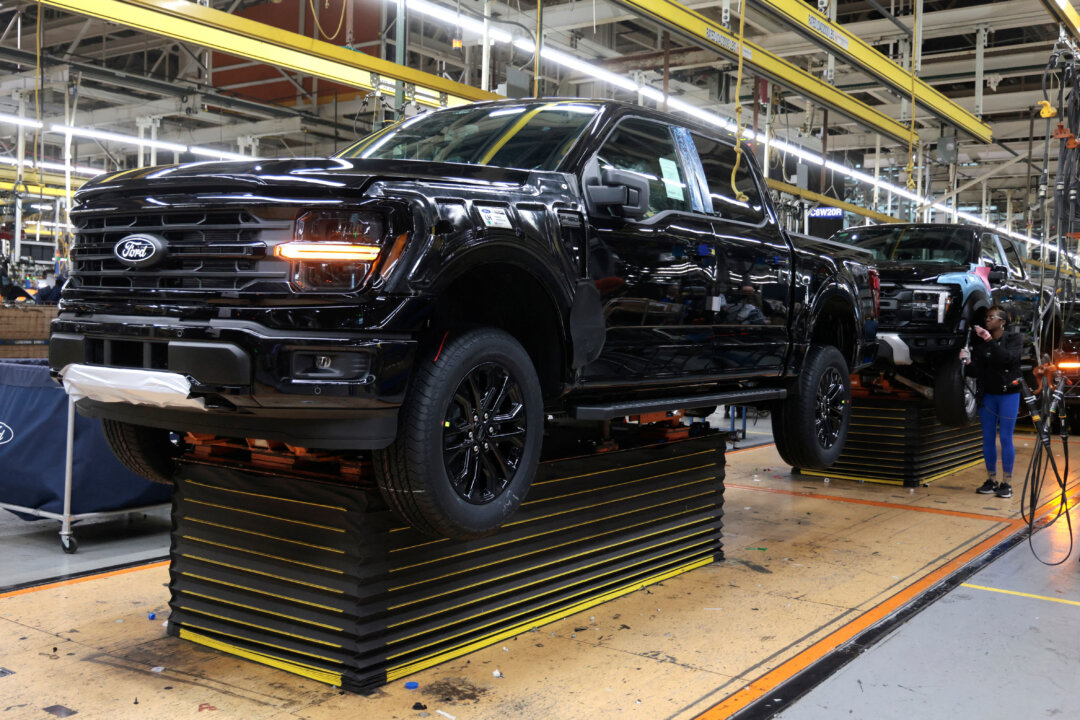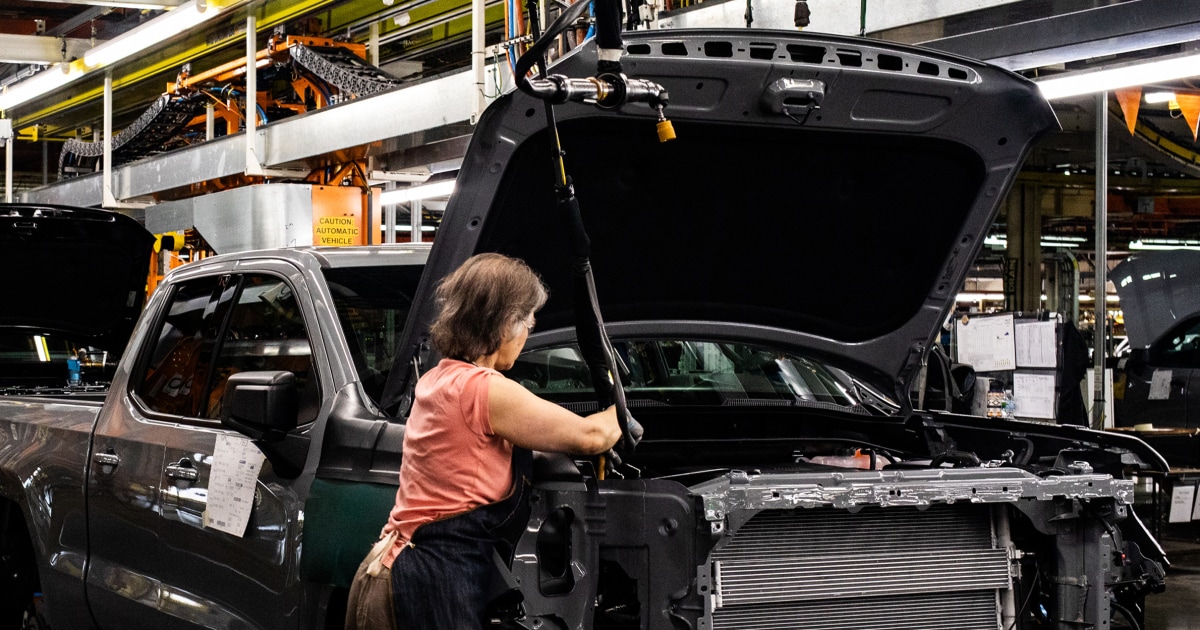President Trump Implements New Auto Tariffs While Extending Relief for Domestic Industry
President Trump announced new tariffs on imported trucks and buses starting November 1st, while simultaneously extending tariff relief for domestic automakers until 2030 and offering rebates to promote American manufacturing.
Overview
- President Trump signed a proclamation imposing 25% tariffs on imported medium- and heavy-duty trucks and 10% tariffs on imported buses, effective November 1st.
- The tariffs are intended to promote American manufacturing and protect U.S. companies from foreign competition in the automotive sector.
- President Trump is providing extended relief from tariffs on auto parts for domestic automakers, with this relief lasting until 2030.
- This additional relief and extension for the US auto industry followed direct conversations and lobbying efforts from industry representatives.
- US automakers will also receive a 3.75% rebate on domestically assembled vehicles, aiming to further alleviate tariff-related costs, which can be substantial for companies like Ford.
Report issue

Read both sides in 5 minutes each day
Analysis
Center-leaning sources frame this story by emphasizing the Trump administration's responsiveness to industry lobbying. They suggest the administration's trade policy is "still evolving" and "sensitive to industry pressure," implying that policy adjustments are a direct result of industry concerns rather than a consistent strategy. This framing highlights the influence of external stakeholders on policy decisions.
Articles (5)
Center (4)
FAQ
President Trump imposed a 25% tariff on imported medium- and heavy-duty trucks (Classes 3 through 8) and a 10% tariff on imported buses, including school buses, transit buses, and motor coaches, effective November 1, 2025.
Domestic automakers receive tariff relief on auto parts amounting to reimbursements up to 3.75% of the Manufacturer’s Suggested Retail Price (MSRP) for vehicles assembled in the U.S., with this relief extended through April 30, 2030, providing financial support to offset tariff costs.
The tariffs were imposed to promote American manufacturing and protect U.S. companies from foreign competition in the automotive sector, addressing national security concerns and economic interests related to domestic production capabilities.
U.S. automakers are eligible for a 3.75% rebate on domestically assembled vehicles, designed to help alleviate the costs associated with tariffs, benefiting companies like Ford.
The extension of tariff relief and introduction of rebates for domestic automakers came after direct conversations and lobbying efforts by industry representatives, reflecting their role in shaping these protective measures.
History
- This story does not have any previous versions.



